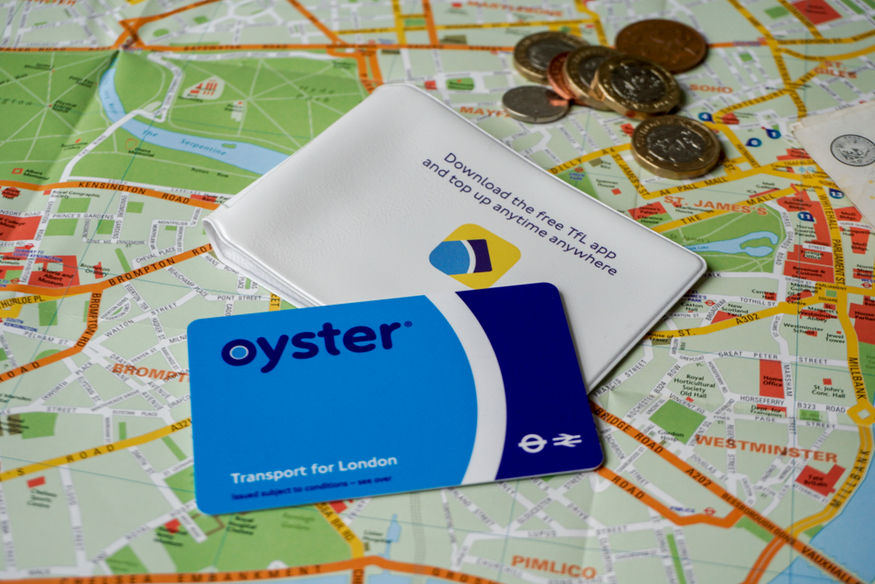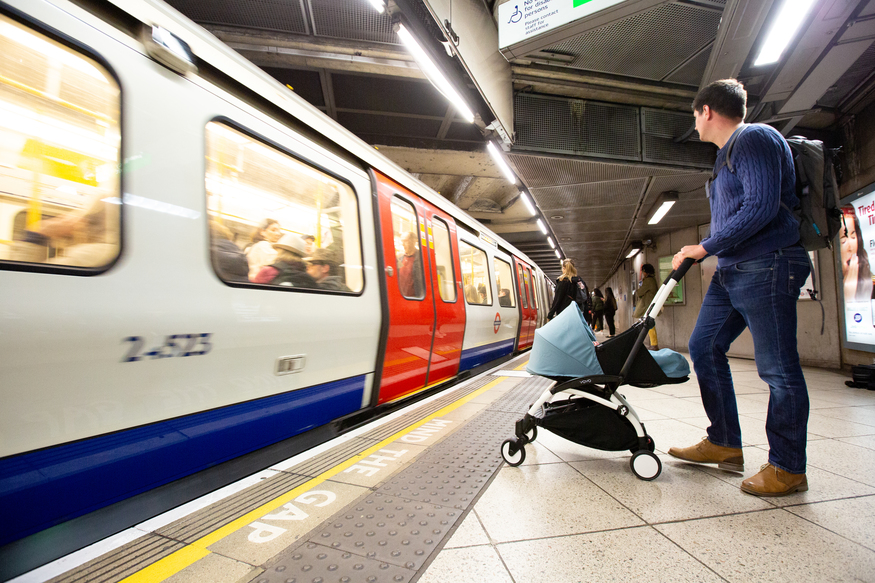For more transport chat, join our popular Facebook group, Londonist Roundel Ramblings.

For the fourth year in a row, fares for pay-as-you-go transport in London have been frozen.
That means bus fares will remain at £1.50 — the same price they've been since 2016 — along with off-peak tube journeys between Zones 2-6.
Keeping travel fares down was a 2016 campaign promise from Sadiq Khan, and this news will surely come as a boon to his re-election campaign next year. It's especially impressive that he's done this during a time when TfL runs on a tight budget — although some would argue that the fare-freeze has led to TfL's current cost-cutting drive.

While this is excellent news for some, the same issue lingers on from previous years for others. This fare-freeze is limited only to pay-as-you-go travel. Travelcard prices will increase in 2020 — up 2.8%, in line with Retail Prices Index (RPI).
An annual Zone 1-2 travelcard currently costs £1404, so will cost roughly £1443 in 2020. TfL and the Mayor's office do not have the powers to set travelcard costs — instead, this is set in agreement with train operating companies under fare regulations set by the government.
Shashi Verma, Director of Strategy at TfL, said:
We are committed to making travelling by public transport in London as affordable and convenient as possible. Millions of people travel using bus, tube and rail services across London and through our pay as you go fares system we are helping to encourage more people out of their cars and onto public transport.




